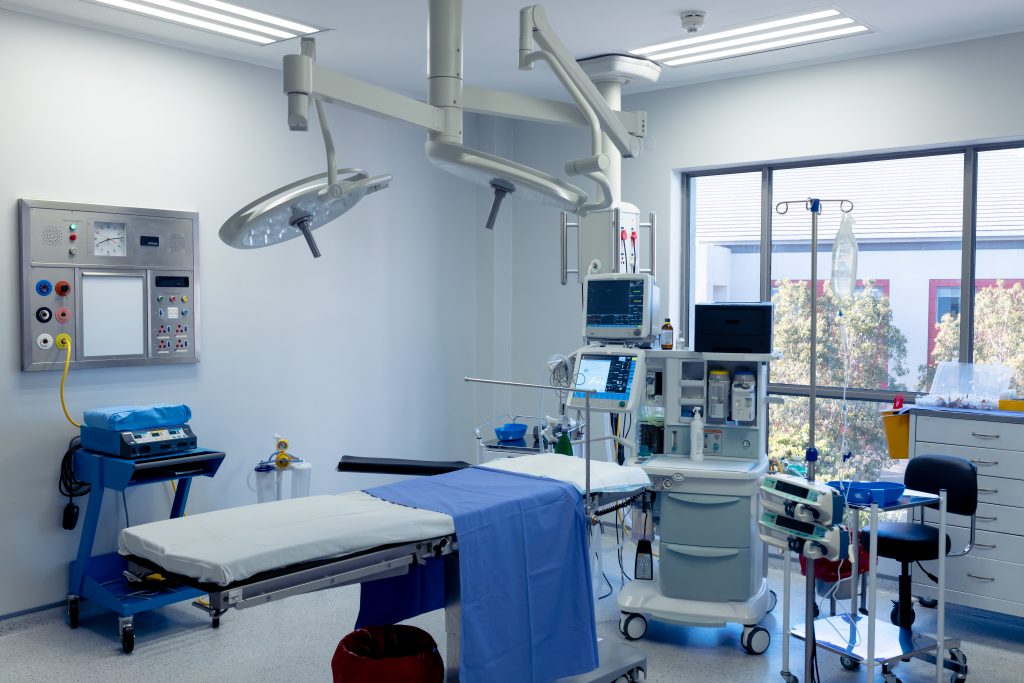If you’re preparing for your surgical OSCE (Objective Structured Clinical Examination), you’re likely feeling the pressure of mastering a wide range of clinical skills, staying composed under time constraints, and demonstrating confident, patient-centered care. Surgical OSCEs are a core component of medical assessments worldwide, designed to test not just your knowledge but your ability to apply it in real-world scenarios.
Whether you’re a medical student or an early-career doctor, here’s what you must know before exam day to ensure you’re fully prepared.

1. Understand the Structure of Surgical OSCEs
A typical surgical OSCE consists of a series of timed stations, each lasting 5–10 minutes. These stations may involve:
- Clinical examination (e.g., hernia, breast lump, or thyroid exam)
- History taking (e.g., abdominal pain, bleeding per rectum)
- Procedural skills (e.g., catheterization, suturing, wound dressing)
- Communication (e.g., consenting for surgery, breaking bad news)
- Data interpretation (e.g., reading X-rays, CT scans, or lab reports)
Each station is scored using standardized checklists that assess both technical competence and soft skills like empathy and communication.
2. Master the Surgical Exam Techniques
These are high-yield and often repeated stations. Be fluent in performing and describing examinations such as:
- Abdominal examination
- Breast examination
- Inguinal hernia examination
- Thyroid gland examination
- Peripheral vascular examination
Don’t just memorize steps—practice on real people or mannequins under timed conditions. Ask for feedback and refine your technique continuously.
3. Be Thorough With Common Surgical Conditions
You’re expected to demonstrate clinical reasoning. Know the presentation, investigation, and management of key surgical conditions:
- Appendicitis
- Hernias
- Cholelithiasis and cholecystitis
- Bowel obstruction
- Varicose veins
- Thyroid swellings
- Breast lumps
Link examination findings to likely diagnoses, and be prepared to discuss further investigations or surgical interventions.
4. Sharpen Your Communication Skills
Communication-focused stations can be deceptively challenging. You might be asked to:
- Obtain informed consent for a procedure
- Explain a diagnosis or management plan
- Break bad news to a patient or family member
Practice using clear, jargon-free language, and always show empathy. Structure your conversations logically: introduce yourself, explain the purpose of the discussion, use visual aids when necessary, and check for understanding throughout.
5. Polish Your Procedural Knowledge
Some common surgical OSCE procedures include:
- Surgical scrubbing and sterile technique
- Knot tying and basic suturing
- Wound care and dressing
- Insertion of NG tube or urinary catheter
You must demonstrate not just how to perform the skill but how to do so safely and aseptically, while explaining it to the patient.
6. Train Under Exam Conditions
OSCEs are a test of your performance under pressure. Simulate the real exam as much as possible:
- Use timers for each station
- Practice moving quickly between stations
- Record yourself to evaluate posture, confidence, and clarity
- Do group OSCEs with peers to get used to external observation
7. Mind the Details: Professionalism Counts
Every detail counts in an OSCE. That includes:
- Proper hand hygiene
- Asking for consent
- Draping the patient correctly
- Using respectful and inclusive language
You’re not just being assessed on “what” you do—but “how” you do it.
Final Thoughts
The surgical OSCE is less about rote memorization and more about clinical fluency, communication, and confidence. With consistent practice, focused preparation, and a calm mindset, you can turn this challenge into a showcase of your capability.
Remember, OSCEs aren’t just about passing—they’re about preparing you to be a safe, competent, and compassionate clinician. Good luck!
Are you preparing for your medical OSCEs?
CareerFlow offers curated resources, study plans, and expert insights to help you succeed. Stay tuned for more exam guides, and don’t forget to subscribe to our newsletter!




Recent Comments